The Impossible Railway
Categories: Design and Architecture | North America
By Pictolic https://pictolic.com/article/the-impossible-railway.htmlThe San Diego-Arizona Eastern Railway stretches for 235.61 kilometers among harsh desert landscapes and cliffs. Many engineers of the early 20th century considered the project for the construction of this path utopian: too many difficulties were encountered during the work of the builders.
Today, most of this road stands abandoned, reminding of the former greatness of the Great Era of Railways. It seems that among the rusty rails and abandoned cars, ghosts of the past roam here, stirring up memories of the past decades.
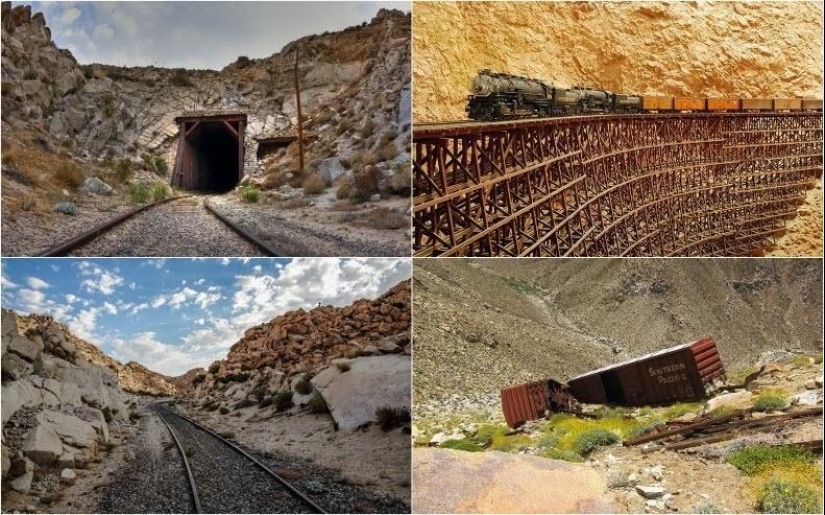
At the turn of the 19th and 20th centuries, during the Great Era of Railways, every city on the western coastline of the North American Continent needed a fast and reliable transport line from the East to grow and prosper. San Diego at that time was a small port city, and the then business pioneers decided that in order for the city to grow, they needed a direct connection to El Centro in the east to transport goods from their larger northern neighbor, Los Angeles. Then a proposal was put forward to lay the San Diego-Arizona railroad.
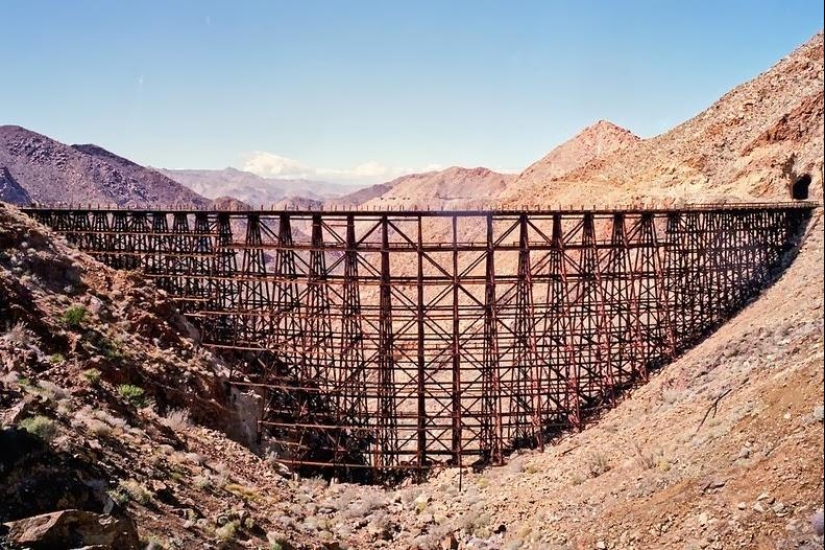
Soon the builders faced great engineering difficulties.
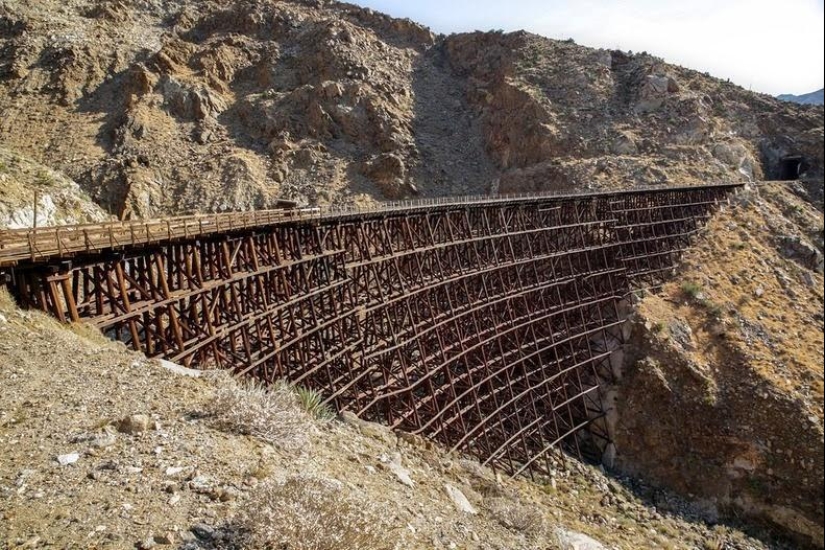
The construction conditions were harsh, and the dangerous mountain ranges, with huge boulders, deep valleys, numerous ledges and canyons, were almost impassable.
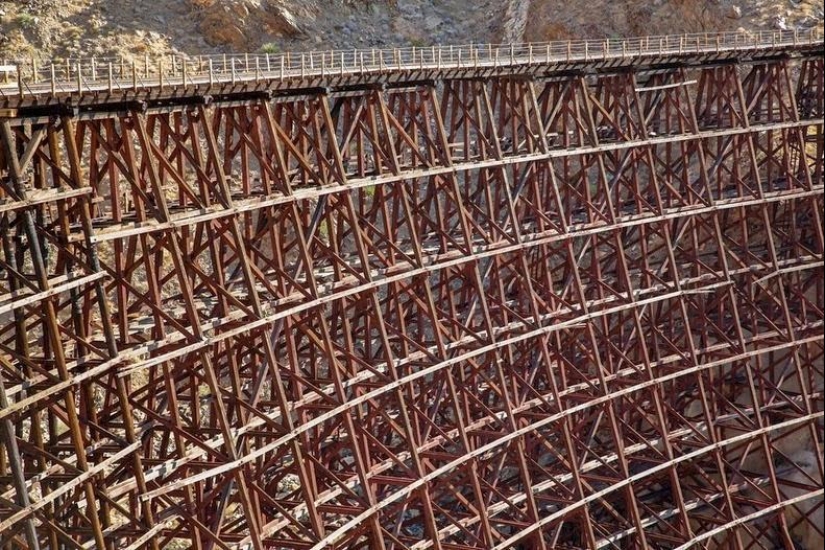
Hopes for a successful construction were so slim that the project was nicknamed the "Impossible Railway".
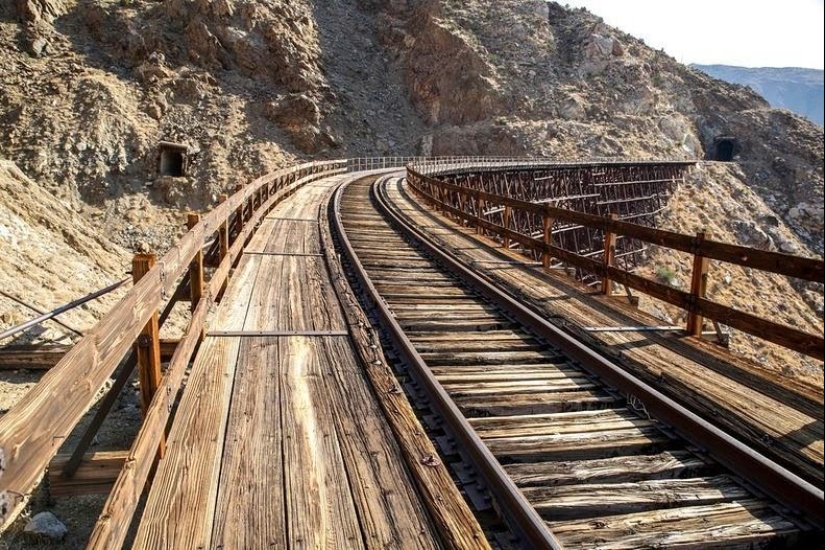
The situation was aggravated by the harsh desert climate and the temperature, which in summer rose above 43 degrees Celsius.
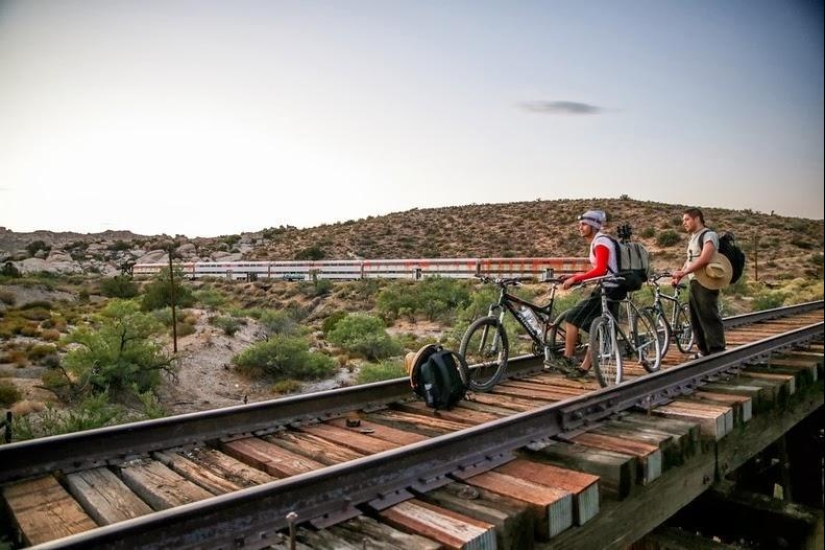
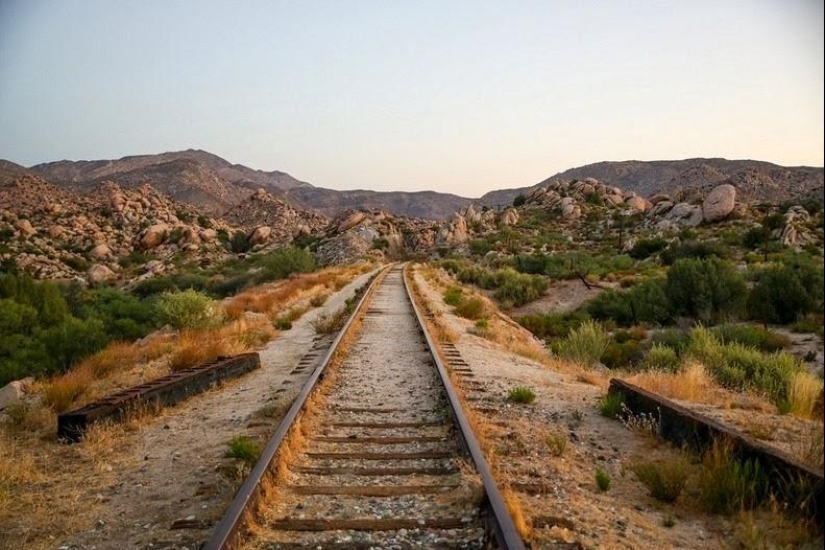
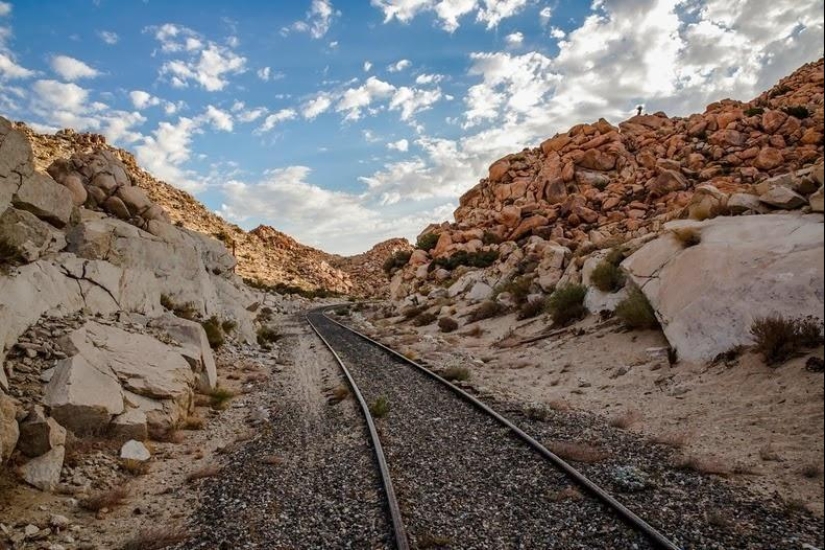
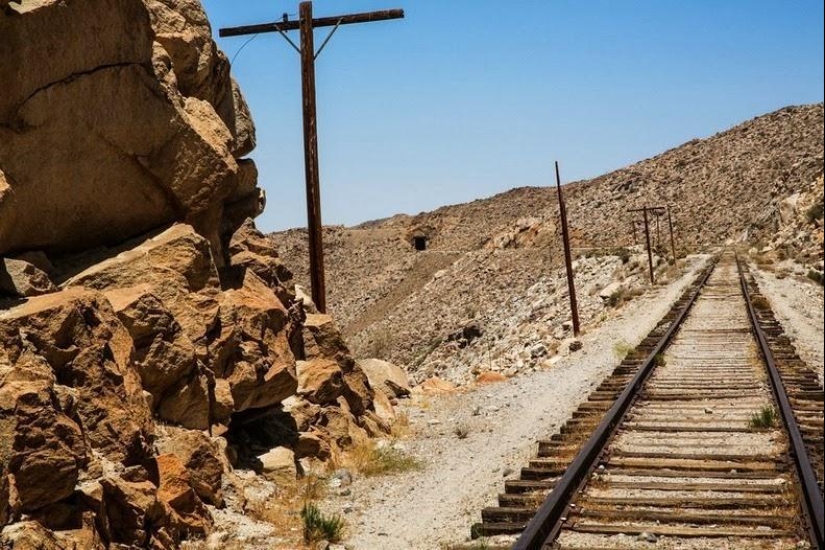
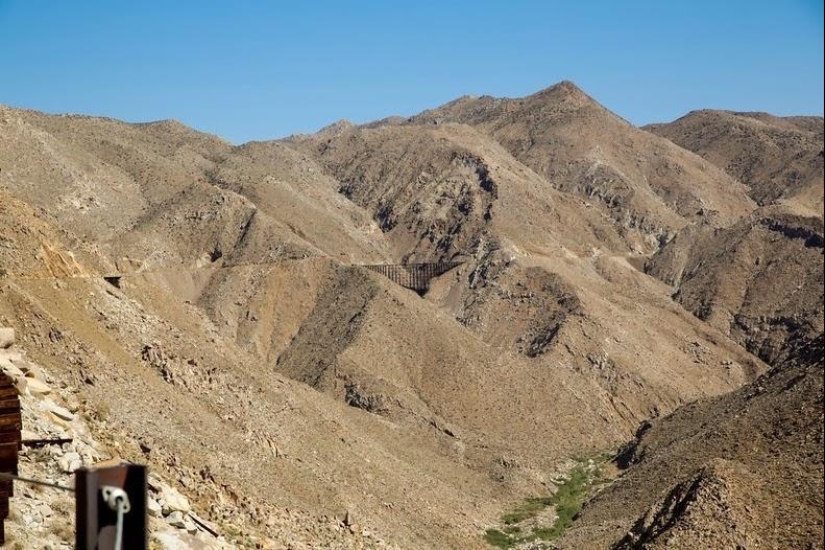
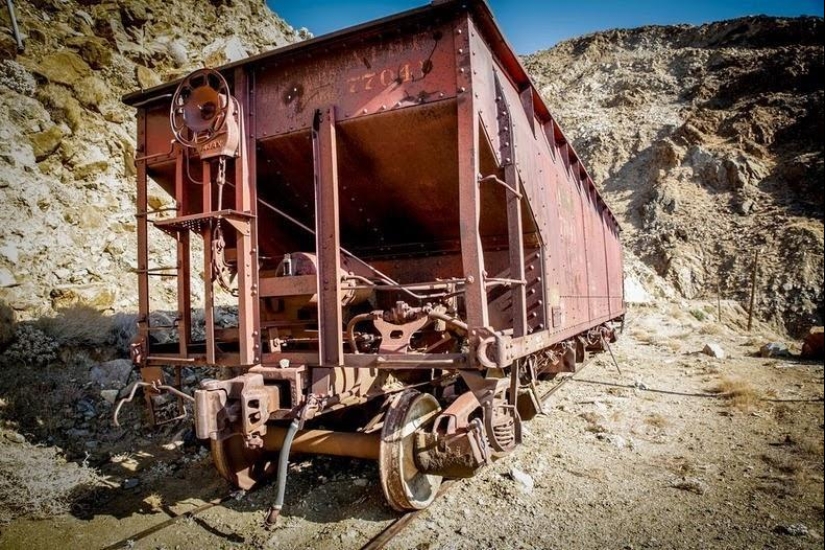
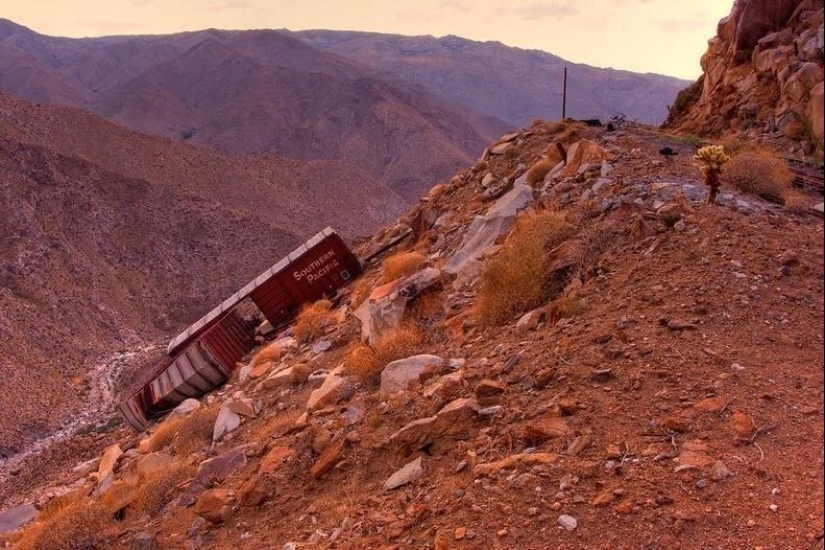

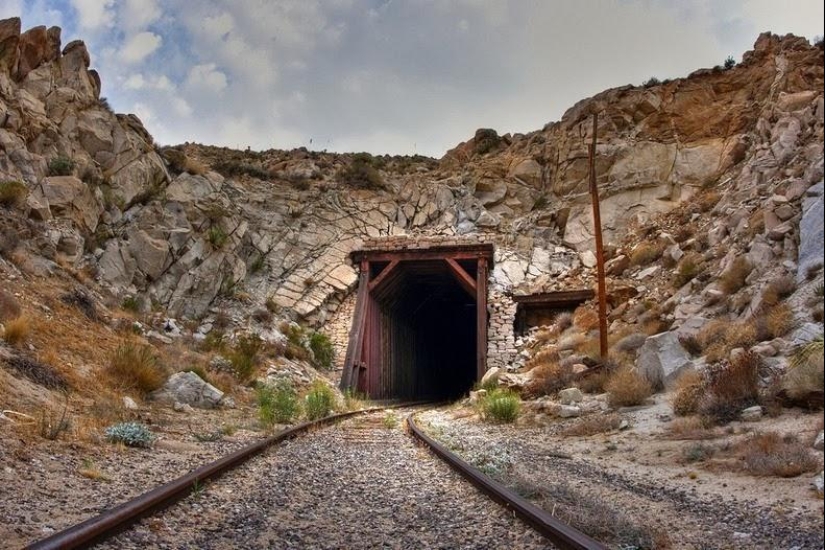
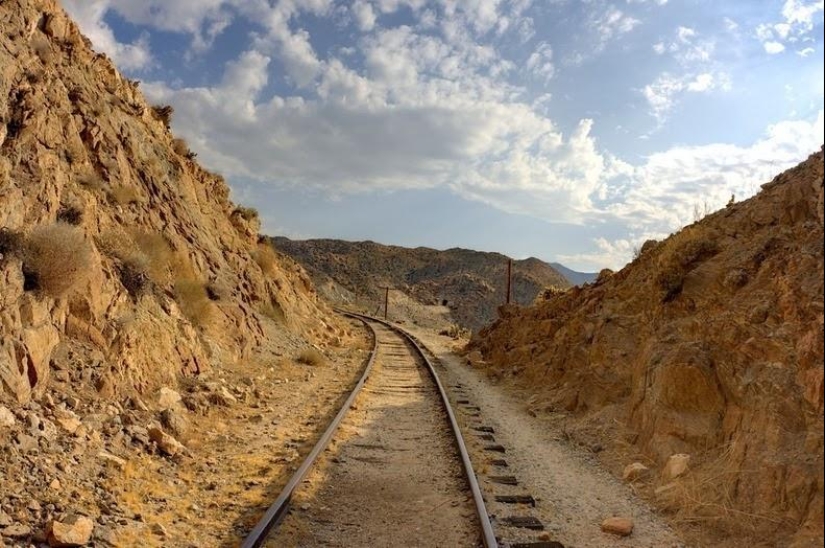
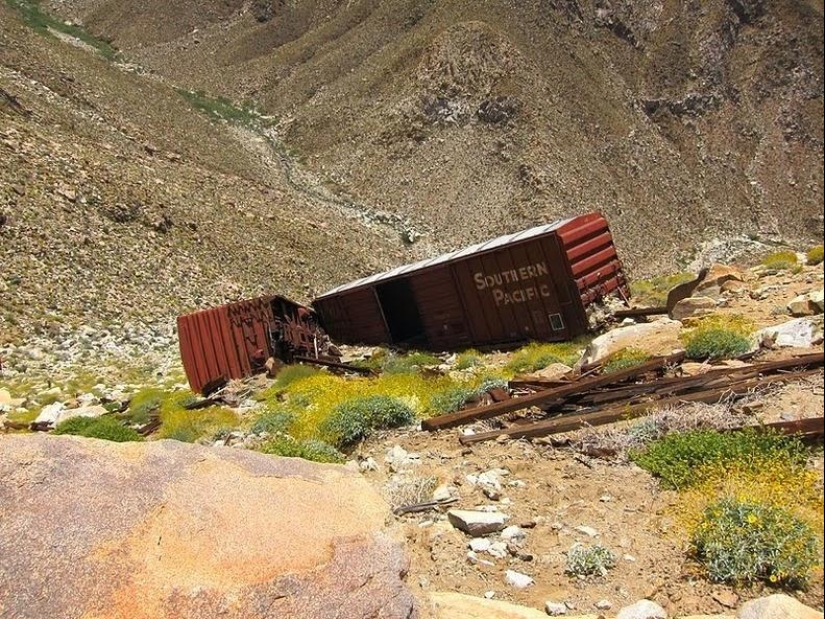
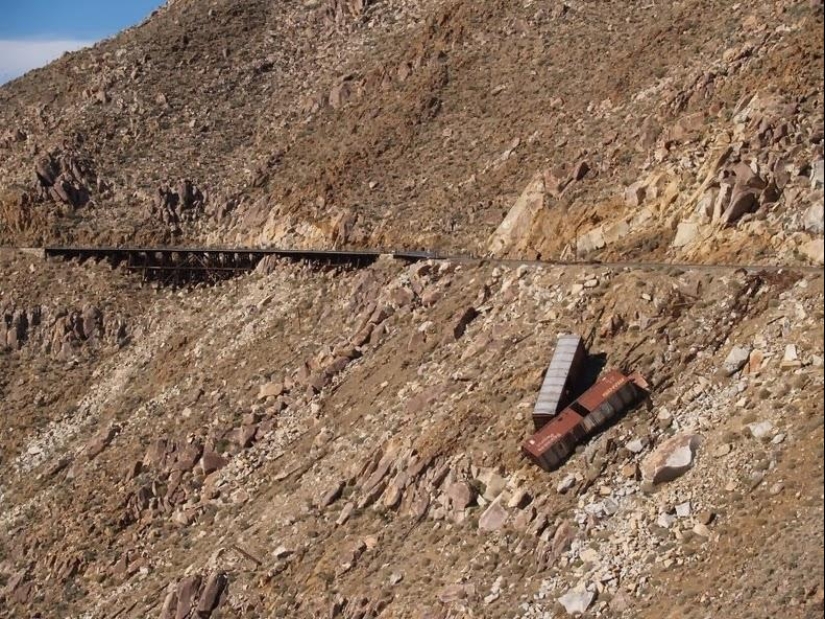
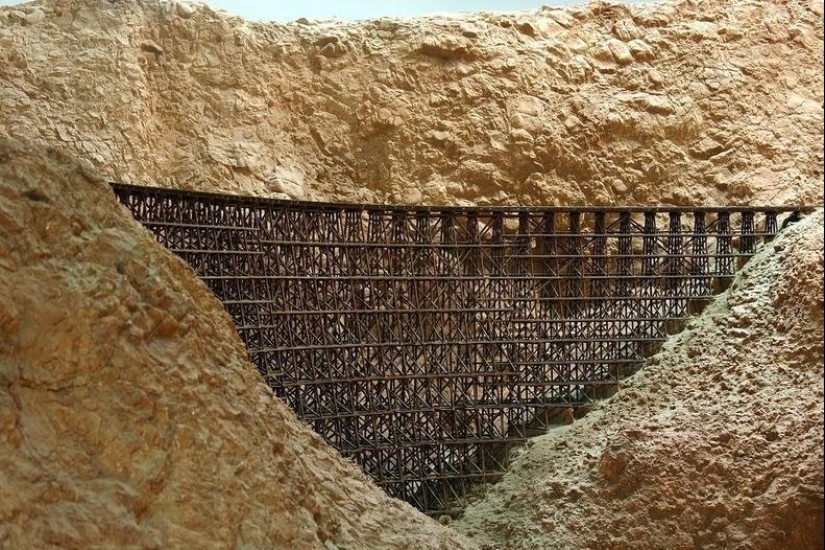
A small-scale model of the trestle over Goat Canyon at the San Diego Railroad Museum.
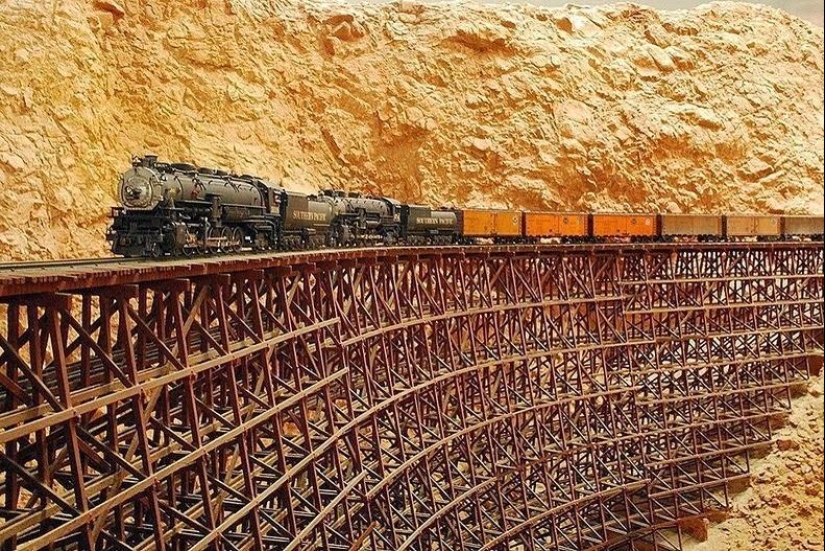
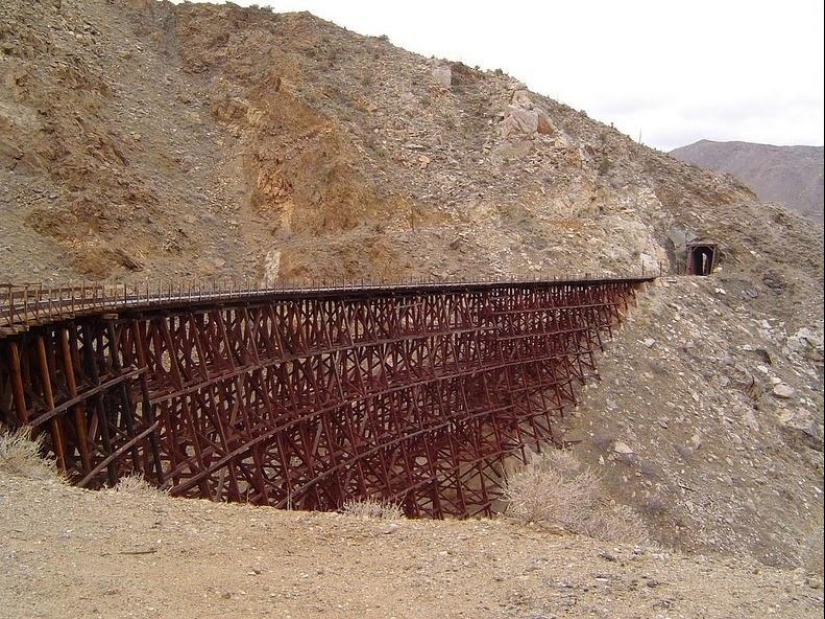
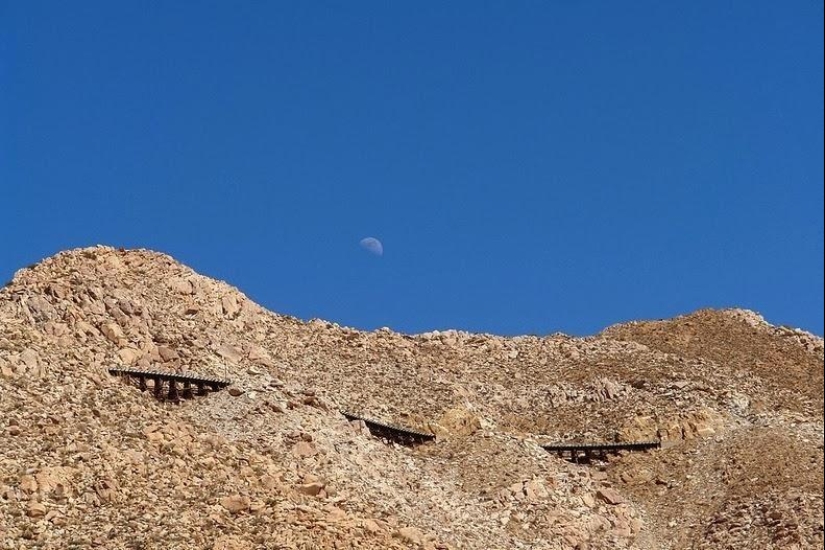
Recent articles

It's high time to admit that this whole hipster idea has gone too far. The concept has become so popular that even restaurants have ...

There is a perception that people only use 10% of their brain potential. But the heroes of our review, apparently, found a way to ...

New Year's is a time to surprise and delight loved ones not only with gifts but also with a unique presentation of the holiday ...